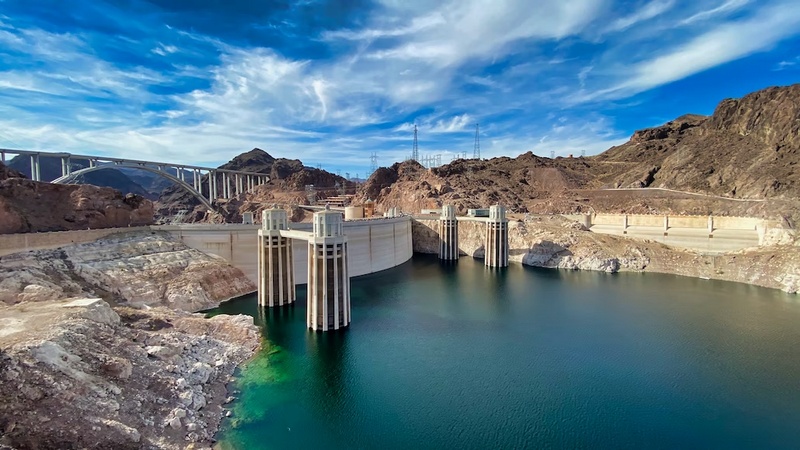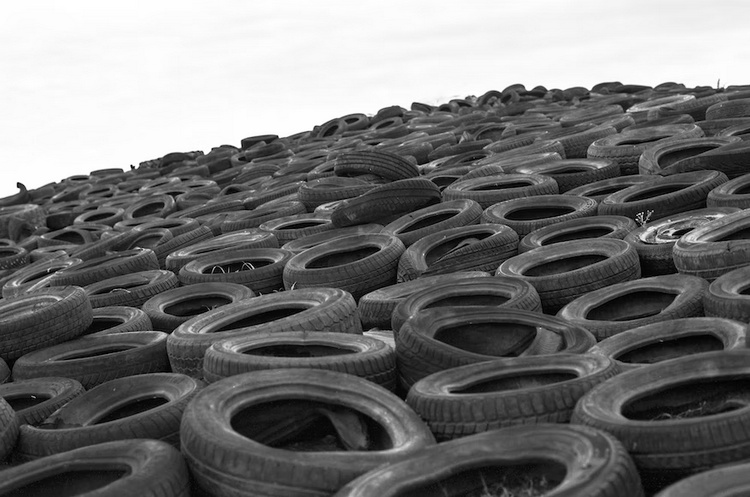August 17 NEC Energy News
¶ “Takeaways From Today’s Report On Lake Mead And The Colorado River” • The federal government announced that the Colorado River will operate in a Tier 2 shortage condition for the first time starting in January as the West’s historic drought has taken a severe toll on Lake Mead. States are facing mandatory cuts in water use. [CNN]

¶ “Germany Says Undecided On Nuclear Plants Extension” • The German government denied a media report that it had decided to postpone the closure of its last three nuclear power plants. The country’s position is that it will make its final decision once it received the results of ongoing stress tests. The incorrect report was in the Wall Street Journal. [USNews.com]
¶ “Can Renewable Energy Visions Of The Future Actually Be Within Reach?” • The passage of the 2022 Inflation Reduction Act (IRA) in the US has opened up hope that this is just a start, that other renewable energy and sustainability visions of the future might be within our grasps. Let’s imagine looking into an all-electric crystal ball … [CleanTechnica]
¶ “Car Tires Are Disastrous For The Environment. This Startup Wants To Be A Driving Force In Fixing The Problem” • As tires wear down, the material they lose becomes dust. Around 6.1 million metric tons of tire dust end up in our atmosphere and waterways annually. A startup in London, The Tyre Collective, says its technology can reduce the problem. [CNN]

¶ “’We’ve Got The Power’ – Sandia Technology Test Delivers Electricity To The Grid” • For the first time, Sandia National Laboratories researchers delivered electricity produced by a new power-generating system to an electrical grid. It is a closed-loop Brayton cycle system based on captured CO₂ instead of H₂O, and it is very efficient. [CleanTechnica]
¶ “Biden Signs Climate, Tax And Health Bill Into Law” • US President Joe Biden has signed a $700 billion (£579 billion) bill that aims to fight climate change and healthcare costs while raising taxes, primarily on corporations and the rich. The final version is more modest in scope than the $3.5 tillion package first envisaged by Democrats. [BBC]
For more news, please visit geoharvey – Daily News about Energy and Climate Change.
